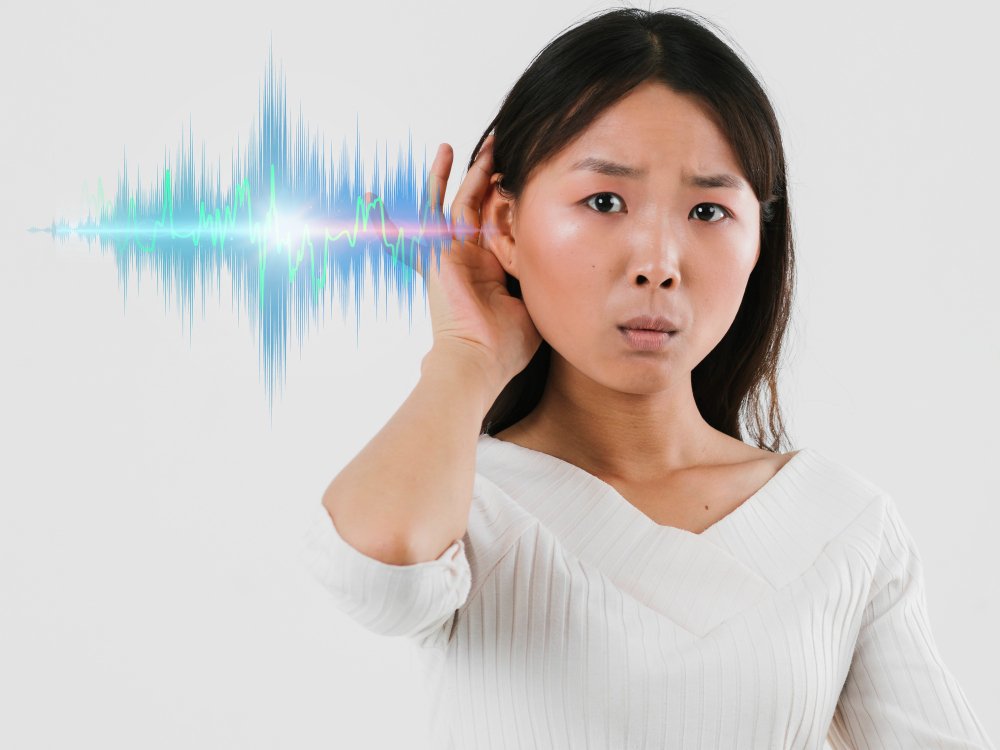Overview
Autoimmune Inner Ear Disease (AIED) is a rare condition in which the body’s immune system mistakenly attacks the inner ear structures, leading to progressive hearing loss and balance problems. Early diagnosis and treatment are essential to prevent permanent hearing damage and improve quality of life.
What is Autoimmune Inner Ear Disease?
AIED is characterized by an immune-mediated inflammation of the inner ear, causing rapid or progressive sensorineural hearing loss and vestibular dysfunction. It may occur alone or in association with systemic autoimmune disorders such as rheumatoid arthritis or lupus.
Symptoms
- Progressive, often bilateral hearing loss (usually sensorineural)
- Tinnitus (ringing in the ears)
- Vertigo or dizziness
- A feeling of fullness or pressure in the ear
- Imbalance or unsteadiness
- Fluctuating symptoms that may improve with steroids
Causes
The exact cause of AIED is unknown, but it involves the immune system mistakenly targeting inner ear antigens. This autoimmune reaction leads to inflammation and damage to the cochlea and vestibular apparatus.
Risk Factors
- Personal or family history of autoimmune diseases
- Systemic autoimmune conditions (e.g., rheumatoid arthritis, systemic lupus erythematosus, Cogan’s syndrome)
- Age between 30 and 60 years (commonly affected group)
- Female gender (slightly more common)
Complications
- Permanent hearing loss if untreated or treatment delayed
- Chronic balance problems
- Reduced quality of life due to communication difficulties and dizziness
- Psychological distress including anxiety and depression
Prevention
- No known prevention due to autoimmune origin
- Early detection and treatment of systemic autoimmune diseases may reduce risk
- Regular hearing check-ups if you have autoimmune conditions
Treatment Options in Korea
South Korea offers specialized audiology and immunology services with advanced diagnostics and treatments for AIED in major hospitals.
- Diagnosis
- Detailed audiological evaluations including pure tone audiometry and speech tests
- Vestibular testing for balance function
- Blood tests for autoimmune markers (ANA, rheumatoid factor, ESR, CRP)
- Imaging studies such as MRI to rule out other causes
- Response to corticosteroids can aid diagnosis
- Medication
- Corticosteroids: First-line treatment to reduce inflammation and immune activity
- Immunosuppressants: Drugs such as methotrexate or azathioprine may be used if steroids are ineffective or not tolerated
- Biologic agents: Newer therapies targeting specific immune pathways may be considered in refractory cases
- Hearing Rehabilitation
- Hearing aids or cochlear implants for patients with significant hearing loss
- Vestibular rehabilitation therapy for balance improvement
- Multidisciplinary Care
- Collaboration between otolaryngologists, rheumatologists, and audiologists
- Psychological support and counseling













